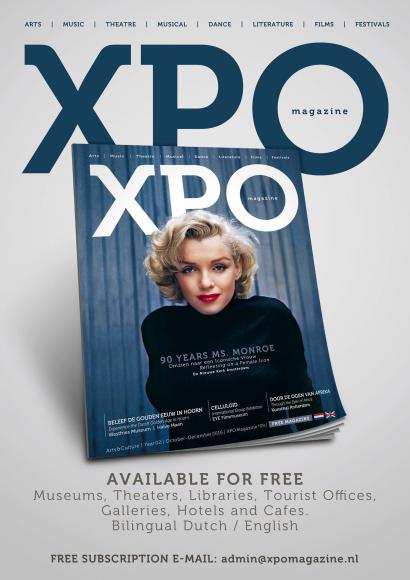October-December 2016: Though the Eyes of Africa

Klein adds, “With its thought-provoking undertones, ‘Making Africa’ is an exhibition that the Kunsthal Rotterdam is not afraid to host”. The traveling exhibition opened October 1 and runs through January 15, 2017 and was organized by Vitra Design Museum in Weil am Rhein. Germany aims to break conventional ideas about Africa and gives a glimpse of a new and dynamic Africa, one that westerners are not familiar with. The exhibition has been to Bilbao and Barcelona already, and will travel to France, UK, and possibly the US next year. It features more than 120 experimental artists and designers from a generation of modern thinkers and makers from Africa that are also digital savvy. According to Klein, digital technology is changing Africa rapidly. With more than 650 million cellphone subscriptions for a total population of one billion, the continent has more people online than Europe or the US. In Africa, people do more with their smart phone including bank transfers than western consumers.The True Size of Africa In the first galleries, the exhibition immediately confronts us with the physical misconception about the shape and size of the continent. One map displays Africa upside down. Most people are used to looking at maps where the north points to the top and south to the bottom. A second map, named True Size of Africa by Kai Krause, depicts the continent with "China, USA, India, Japan, and most of Europe fitting inside it. Klein states, “For years the map of Africa has led us to believe that the continent was not that big. There are fifty four countries with one billion inhabitants, and its cities are widely diverse from Cairo in the north to Cape Town in the south”.African Middle ClassAnother misconception about Africa is that many want to migrate to Europe. The continent has an enormous wealth and it is where the next economic boom will hit. Today thirty four percent of Africa’s population belongs to the middle class. Just thesame, she adds, “There is also extreme poverty”.Sharing EconomyKlein started researching for the exhibition five years ago which included trips to five countries and seventy interviews. Klein points out that, "The object of the exhibition is to illustrate through modern art, photography, crafts, furniture and fashion that Africa has always been an example for Europe, especially in times of economic crisis. Now, Europe is again in crisis and looking for solutions to their problems, and Africa has some very good answers. One of those, Klein calls “informality”. Klein, who earned a degree in business and economics before studying at New York’s 'School of Visual Arts', argues that Africa differs the most from Europe with its informal economy and lack of regulation of society. “Things in Africa occur organically”, she adds. This ranges from a public transportation set up by various taxi drivers with vans who provide transportation for an entire city to child-care where a mother can re-enter the workforce after childbirth, and leave the child with a member of her extended family, who will raise it”. The informal or “sharing economy” of Africa has swayed over to Europe. Now we see the same kind of informality in business concepts such as Uber and Airbnb. She smiles, “We have so much to learn from Africa, and that knowledge is beingshared today quicker than ever before via Internet”.El AnatsuiOne of Klein’s highlights is a majestic, mosaic frieze by the Ghanaian sculptor El Anatsui. Upon closer inspection, the shinny fabric is not made of textile but metal bottle caps. El Anatsui (72) was inspired by disregarded bottle caps that he found near the city of Nsukka, in Nigeria, where the artist has his studio. Unlike bottles that were recycled in the local distillery, the caps were thrown away. “El Anatsui has taken what most people considered refuse and turned it into a valuable material to create elegant works of art”. In May 2012, one of El Anatsui’s metallic tapestries sold for more than 600,000 euros at a London art auction. Klein predicts, “In the future the word ‘recycling’ won’t have the same derogative and moral connotation anymore. In Europe, we’ll consider all material, used or unused - equally valuable for creating art. That’s what we’re learning from Africa already”.